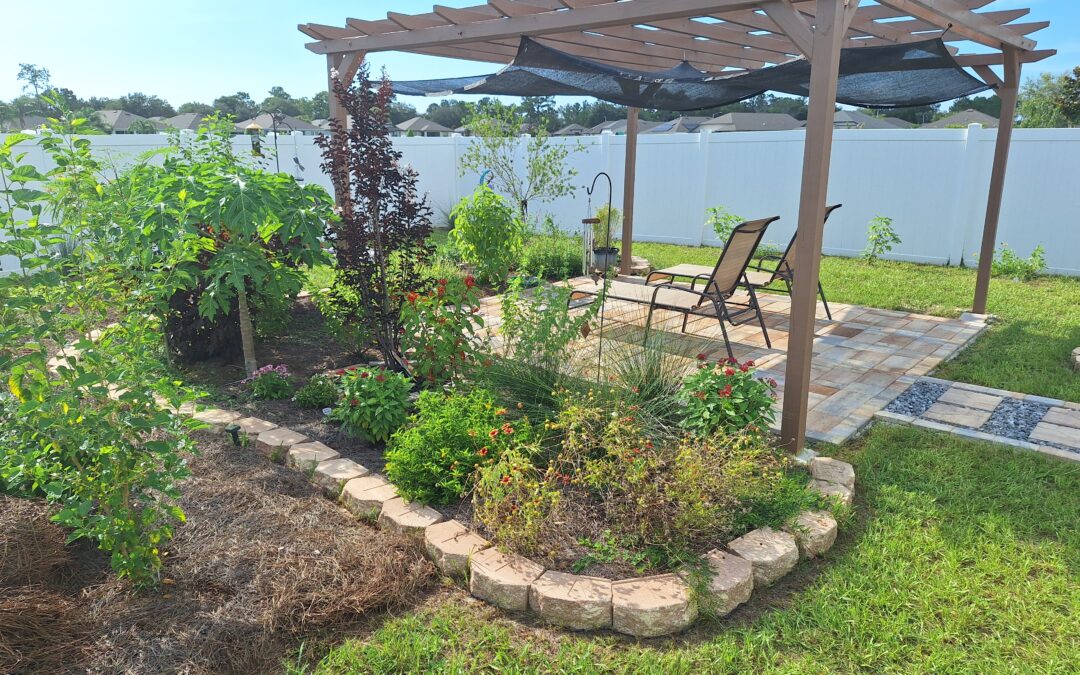After mentioning Poor Soils in last month’s article, I would like to start this month’s article by answering the end of the last article’s question “So why is it that such an important part of our daily lives such as soil is missed in our society as a priority?” To spark some more imagination here, let’s focus some on history and how we got here maybe. From what I understand, this has been a slow gradual slippery slope to where we are now. 100 years ago, was a totally, different reality. People depended on their imagination, social skill, physical labor, and trust in order to survive. Not to say these are not still foundational to our current culture and society, but it’s more complex with more populated areas, technological advancements and
100 years ago, people fed themselves and entire populations locally for the most part due to the lack of technology that currently exists. Transportation was limited to trains, boats, horses, and foot mobility. Therefore the time taken to locate anything was slower. This made people rely on their local communities for resources directly for survival. Slave owners had the advantage as physical labor was the powerhouse or engine for how much we could achieve in one lifetime. Of course, owning more skilled slaves was the way to future innovation and progress in producing resources from building materials to food and transportation. The industrial revolution in the early 1900s was labor and skill-based and hard work built America up to get to where it is today. We can now transport resources globally very quickly due to innovation in transportation via roadways, airplanes, and the internet. Being able to talk instantly to someone across the world for direct communication adds value in ways that are still hard to comprehend.
The pace of movement in everything from physical objects, people, and equipment, to communication, information, and art are so far different from 100 years ago. It’s often overlooked, especially by younger generations who were not there before the internet was created. I was born and living just in the early stages of the VCR and after enough communication and connecting with the elders throughout my life, to get a decent sense of the change. Also living off the grid and building primitive camps, shelters, gardens, and hand-dug wells for farmers and people in the Ozark communities gave me a good idea of what it was like living 100 years ago. Sweat equity took us far and we are getting lazier and lazier in some ways because our supplies are so readily accessible to us at any given moment. So through this transition from 100 years ago when our health and well-being or daily lifestyles were directly correlated to how we treated each other and the environment, soils, etc. to now, where technology and other advancements allow us to not have to interact with our environment or community to a certain degree and still get access to all these foods, resources, and livelihoods is why I believe we are missing the importance of how healthy our soil and environment is.
Another way of saying this might be to point at the idea that people feel separate from each other and their environment. They feel disconnected because the system is set up to where people don’t have to be involved with anything except a bare minimum level to even exist. It creates a dull, boring, lonely life to live in such a way. To numb this pain of feeling separate, people are often turning towards substance abuse, poor habits, and lack of any motivation or drive for living. They are creating their own hell-on-earth lifestyles. I have witnessed this in my own life and am constantly working towards improving my awareness, increasing my connection, and relationships with people, the planet, and god or the source of all of our existence. Living intentionally and helping ourselves by serving our community and planet in healthier, non-habitual ways gives us a sense of connection, purpose, and excitement for life.
To me, this is the way back to heaven on Earth. Heaven doesn’t have to be somewhere else when we can create it in our day-to-day lives with our community and environments right? Jesus taught us to love our neighbors as ourselves. Is this because he saw the connection we all have with each other? Jesus also helped to feed the masses with loaves and fish as I recall and this required healthy soil to do so. I am not familiar with the roman empire farming methods but I’d guess it was a lot healthier due to nowadays GMOs, chemical farming, and poor farming practices they didn’t have back then.
If you have missed anything thus far in these articles feel free to visit the main website where all of these articles are being held: plantlivesmatter.work and select the blog category.
Thank You, Steven Turner, Plant Lives Matter LLC

